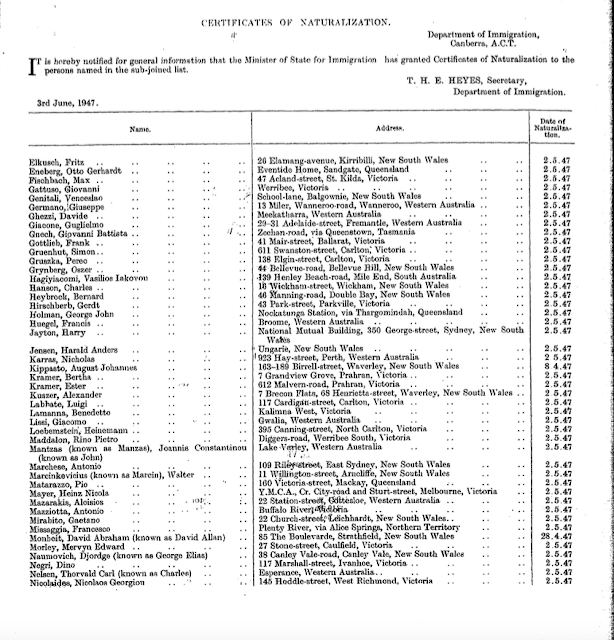National Library of Australia http://nla.gov.au/nla.news-article50715340

PORT ARTHUR.
We cannot compliment those indivi-
duals who are busying themselves about
the restoration of the decaying relics of
the old convict days at Port Arthur,
and have no sympathy with such morbid
sentimentalism. Port Arthur is boun-
tifully endowed by nature. It is one
of the most beautiful spots in our lovely
island. It ought to be associated with
rural peace, contentment, and prosperity.
It was designed by an All-Wise Provi
dence as the home of human felicity, and
where existence should attain its high
est and most idyllic dorm. It was made
a hell upon earth. For years the baser
passions in human nature ran riot there.
The chain, the lash, the solitary cell,
and other devices for inflicting torture
on human beings, were in daily use, and
we have stories of fierce dogs being
stationed along the narrow channel and
neck which divide the peninsula from the
mainland to prevent the escape of the
unhappy beings immured there. The
crimes or offences for which some of
them were transported would, to-day, be
regarded as amply atoned for by a few
weeks or months' imprisonment, but un
der the brutal laws which then prevailed
men and women were transported over
leagues of ocean, and were immured un
der a system which was a disgrace to the
nation. Marcus Clarke* has given a
succession of lurid pictures illustrative of
the system, and while he doubtless exer-
cised the novelist's privilege of making
the most of his material, there are
those to-day in Tasmania who assert
it was not overdrawn. Of course, we
do not assert that all the officials at
Port Arthur in the old days were Man-
rice Freres, and there were doubtless
many who sought to alleviate the lot
of the unhappy prisoners. But is the
history of the days when Tasmania was
a convict settlement such as the average
healthy Tasmanian mind would seek to
perpetuate? Is it not a disgraceful re-
cord, which they would rather, if pos-
sible, see blotted out? There was some
talk of a museum containing relics of
the old days, and a suggestion was made
of making a charge for tourists to in
spect these degrading mementoes, but it
is to be hoped Parliament will not think
of spending public money on such an
object. If the church can be preserved
and used as a means of propagating
Christian doctrines, and for inculcating
the love of one's fellow men, the project
might be worth consideration; but it
would probably be more economical to
erect a new edifice, free from the taint
which surrounds everything associated
with the old penal system.
* For the Term of his Natural Life Marcus Clarke A novel about a Port Arthur convict
Port Arthur..

 A postcard depicting a convict team ploughing a farm at Port Arthur, dated 1926 Public Domain
A postcard depicting a convict team ploughing a farm at Port Arthur, dated 1926 Public Domain
 Inside the separate prison, Port Arthur, Tasmania Public Domain
Inside the separate prison, Port Arthur, Tasmania Public Domain























































